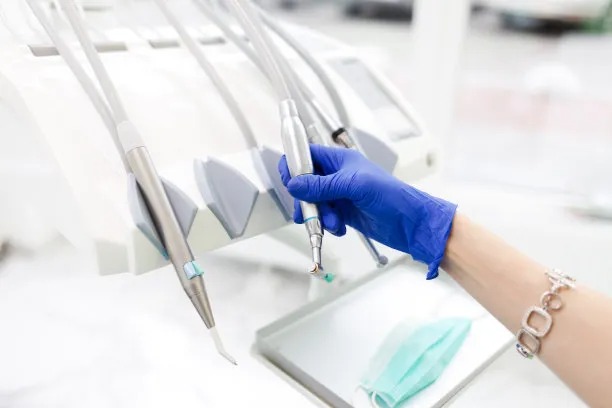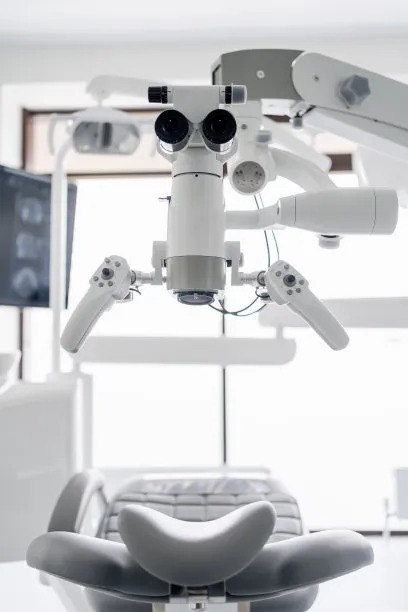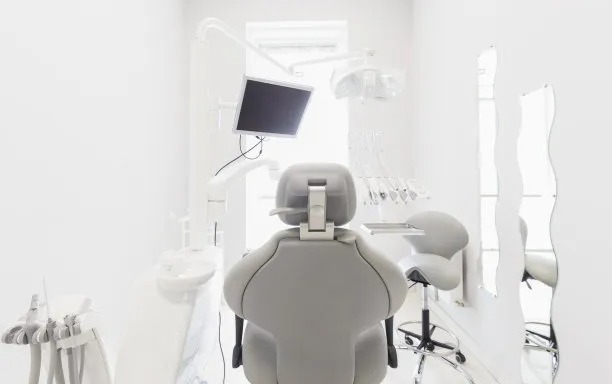Summary: Extracting a tooth can be a daunting experience, both emotionally and physically. This article navigates through the multifaceted journey of tooth extraction, outlining the various sensations and emotions one can expect during the entire process. We will explore the pre-extraction anxiety, the sensations experienced during the procedure, the post-extraction recovery, and the importance of aftercare. Each section will provide insights and practical advice to help ease the fears associated with this common dental procedure, ensuring that patients feel informed and reassured throughout their experience.
1. Understanding Pre-Extraction Anxiety and Emotions

Before undergoing a tooth extraction, many individuals experience a mix of emotions, including anxiety and fear. This anxiety often stems from the unknown aspects of the procedure, worries about pain, and concerns about the recovery process. Understanding these feelings is the first step in navigating the emotional landscape of tooth extraction.
Its essential to acknowledge that pre-extraction anxiety is entirely normal. Many dental professionals recognize this and encourage open communication regarding fears or concerns. Patients should feel empowered to discuss their worries with their dentist, who can provide reassurance and information that can help ease anxiety.
Visualization techniques and relaxation exercises can also be beneficial for managing pre-extraction fear. By visualizing a positive outcome and practicing mindful breathing, patients can cultivate a sense of calm that will be helpful going into the appointment.
2. Physical Sensations During the Extraction Process
The physical sensations experienced during a tooth extraction can vary depending on factors such as the tooths location and the complexity of the extraction. Typically, local anesthesia is administered to numb the area, alleviating pain during the procedure. Patients may feel pressure or pulling sensations but should not encounter sharp pain.
It’s crucial for patients to establish a dialogue with their dentist during the procedure. Dentists can adjust anesthesia as needed and provide cues about what to expect next, thus minimizing discomfort and making the experience more manageable.
For those undergoing a more complex extraction, as with wisdom teeth, sedation options may be available to enhance comfort. Patients should discuss these options beforehand to determine what level of sedation would be most appropriate for their individual needs.
3. Recovery Process After Tooth Extraction
Post-extraction recovery is vital to ensure proper healing and management of discomfort. Initially, patients can expect some swelling and mild discomfort, which can usually be managed with over-the-counter pain relievers and ice packs applied to the outside of the cheek.
Patients should also be aware of specific post-operative instructions provided by their dentist. These instructions may include dietary restrictions, oral hygiene practices, and signs of potential complications that warrant immediate attention.
The healing process can take several days, but most patients can return to their normal routines quickly, provided they are diligent about caring for the extraction site. Staying hydrated and following the dentist’s aftercare instructions can significantly impact the recovery experience.
4. Importance of Proper Aftercare and Follow-Up
Proper aftercare after a tooth extraction is critical for preventing complications. Patients should follow specific guidelines, such as avoiding strenuous activities, refraining from smoking, and adhering to prescribed medication instructions to promote healing.
Follow-up appointments are also essential. These allow the dentist to monitor the healing process and address any concerns that may arise. Regular check-ups help ensure that the site is healing properly and that no infection or additional issues are developing.
Moreover, aftercare isnt limited to the initial days following the extraction. Maintaining good oral hygiene practices and regular dental visits will help ensure long-term oral health, minimizing the risk of future extractions.
Summary:
The tooth extraction process encompasses a range of emotional and physical experiences, and understanding each phase is key to navigating it successfully. From managing pre-extraction anxiety to properly caring for oneself after the procedure, each step can significantly impact the overall experience.
Patients equipped with knowledge and strategies are better prepared for their dental journey, ultimately leading to a more positive outcome. By maintaining open communication with dental professionals, individuals can demystify the extraction process, allowing for a more comfortable experience.
This article is compiled by Vickong Dental and the content is for reference only.
Vickong Dental
Vickong Dental is a large medical group established in Hong Kong in 2008 by professors from well-known medical universities in Guangdong and Hong Kong, as well as medical doctors from key national '985' universities (including Master's supervisors and senior professors). The chain of branches brings together expert dentists with PhDs and Master's degrees from Hong Kong and Mainland China, committed to providing high-quality dental treatment.
"Vickong Dental Practices the University Motto of 'Healing and Serving Society,' with a Stable Operation for Sixteen Years. It Has Been honored with Hong Kong Enterprise Leaders's Choice,' and is a Global Trusted Implant Center for the Nobel Implant System. Recommended by Hong Kong Metro Broadcast and Guangdong Television, it Serves Customers from Over Thirty Countries and Regions, Gaining the Trust and Favor of Citizens from the Guangdong-Hong Kong-Macau Greater Bay Area and Surrounding Cities.

Thousands of customers' unanimous praise
The most recognized and highly recommended dental service by customers in the Guangdong-Hong Kong-Macau Greater Bay Area
We Ensure You Receive Detailed Care and Attention Here
Hong Kong standards, Shenzhen prices, Your Trusted English-speaking dentists

Vickong Dental Medical-Grade Instrument Disinfection Process
Vickong Dental Medical-Grade Instrument Disinfection Process

Vickong Dental Chain: A Warm and Comfortable Environment for Treatment






Appointment Hours

Q&A
Why choose Vickong Dental?
Vickong Dental practices the university motto 「Medicine to Benefit Society」, with each branch bringing together highly qualified dentists with doctoral and master’s degrees from Hong Kong and the Mainland, and has maintained seventeen years of steady operation。Recipient of 「2024 Hong Kong Enterprise Leaders Brand」, 「2025 Hong Kong Enterprise Leaders Brand」, a Nobel Biocare Global Trusted Implant Center, and a brand recommended by Metro Radio Hong Kong and Guangdong TV。
To date, we have served customers from more than thirty countries and regions,earning exceptionally high word-of-mouth recognition and trusted recommendations from residents across the Guangdong-Hong Kong-Macao Greater Bay Area and surrounding cities
We have eight major branches in Zhuhai、Shenzhen,and a consultation and service assurance center in Hong Kong,so you can book a free consultation at any time for any questions,which is very reassuring.
If I do not accept the quotation after the CT scan, will I be charged??
No! As long as the actual treatment has not started, you will not be charged any fees.
Will there be any additional charges during the treatment process?
No, there won’t be any additional charges. Before treatment begins, we will clearly explain the treatment plan and its corresponding fees. Only after the patient agrees and signs the consent form will we proceed with the dental service.
Can I pay in Hong Kong dollars?
Yes. Vickong Dental accepts payment in Hong Kong dollars. The amount will be converted based on the exchange rate of the day, and the applicable rate will be clearly communicated to you in advance.
Can I reschedule my appointment at any time?
Yes. Please contact us via **WeChat** or **WhatsApp** as early as possible, providing your original appointment time and details, along with your preferred new date and time slot for rescheduling.













